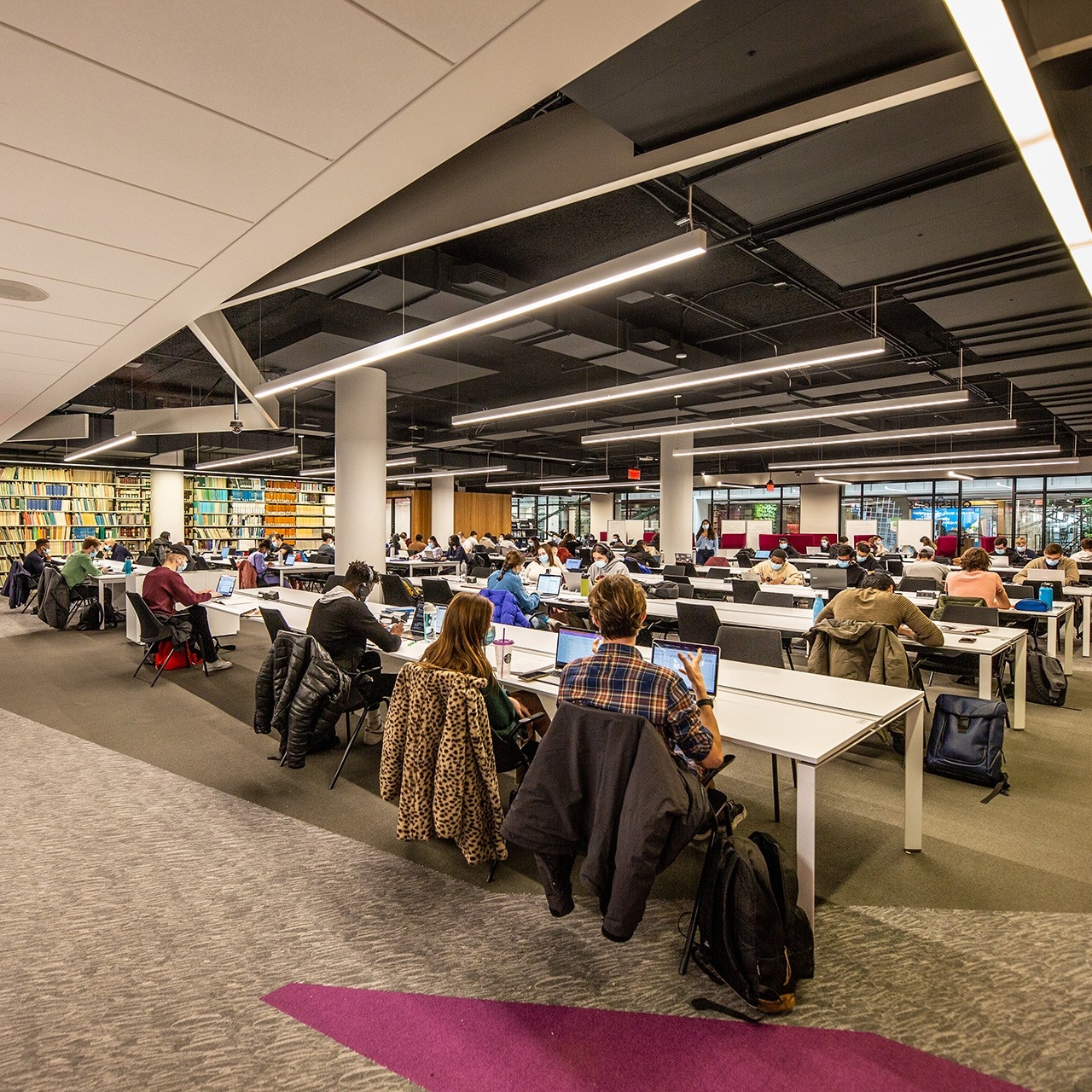Academic advising
Academic advisors are here to help you meet your academic goals and progress through your undergraduate degree.
Types of academic advisors
As a Concordia student, you have access to program-, department- and faculty-level advising, to make sure you speak to the professors and staff best positioned to give you the right advice.
Academic advice can vary — even for students in the same program or faculty. It’s important to connect with your academic advisor to get personalized answers to your questions. Find your main advisor’s contact information in your Student Centre.
Depending on your program, you may also have access to additional advisors who can answer your questions and assist with academic planning.
Each faculty has a Student Academic Services (SAS) or Undergraduate Student Affairs office staffed with full-time professional advisors.
Faculty-level advisors are “big-picture” academic advisors. They are full-time professional staff, unlike professors, who divide their time between advising, teaching and research. They are experts in the academic rules and regulations that all students in a given faculty need to follow.
For example: if you are working towards a Bachelor of Arts with a major in psychology, a faculty-level advisor can ensure that you meet all degree requirements as stipulated by the Faculty of Arts and Science, not just the requirements for your major.
Faculty-level advisors can also advise on a wide range of topics including:
- General degree requirements (i.e., BA, BAdmin, BEng)
- Elective courses
- Transfer credits
- Faculty-wide regulations
- Student requests (exceptions to academic regulations)
- Internal degree transfers and changes in concentration
- Study abroad opportunities
- Academic options for students facing extenuating circumstances
Advising web pages by faculty
Depending on the program you would like to enter, the advisor you should contact may vary. Refer to the Independent Students web page for more information.
Preparing for an advising appointment
- Review your Offer of Admission email carefully.
- Read your Advising and Registration email (which you will receive after confirming your offer of admission) carefully.
- Explore the Welcome Guide for New Concordians thoroughly.
- Write down any questions you would like to ask your advisor in advance, for example: How is my GPA calculated? Will this course count towards my program? How do I change programs? How do I take a course in another faculty/School? Which term can I graduate in? Make sure you're ready to take notes for your future reference.
- Consult your faculty’s advising web page for the next steps specific to your situation. Each Faculty, School and/or department has its own advising policies and procedures, so your next steps may be different from your friends’.
Read about your program and its requirements in the Undergraduate Calendar to learn more about the courses you are required to complete in order to earn your degree.
- Visit your department’s web page to see if a degree planning or course sequencing worksheet is available for your program, and if so, fill it out to the best of your ability before your advising appointment.
- Get familiar with the essential academic resources below.
Other types of support at Concordia
Career counsellors address all kinds of career questions. What can you do with your degree? How should you start planning for your post-graduate life?
International Student Advisors help with questions about immigration documents, health insurance, work permits and other issues specific to international students.
Accessibility Advisors work within the Access Centre for Students with Disabilities. They can help students arrange accommodations in response to a variety of barriers, as well as provide counseling on self-advocacy and referral services.
Student mentors, or Welcome Crew Mentors, are available to help first-year undergraduate and graduate students learn about life at Concordia.
There are a variety of options for mental health appointments within Concordia's network of care, including in-person support and tele-counselling.
Academic advising for graduate students
Academic advice for graduate students varies depending on your program. For an overview of academic advising and suggested contacts by graduate program, see Step 1 – Advising under the Graduate tab in the Registration guide.




